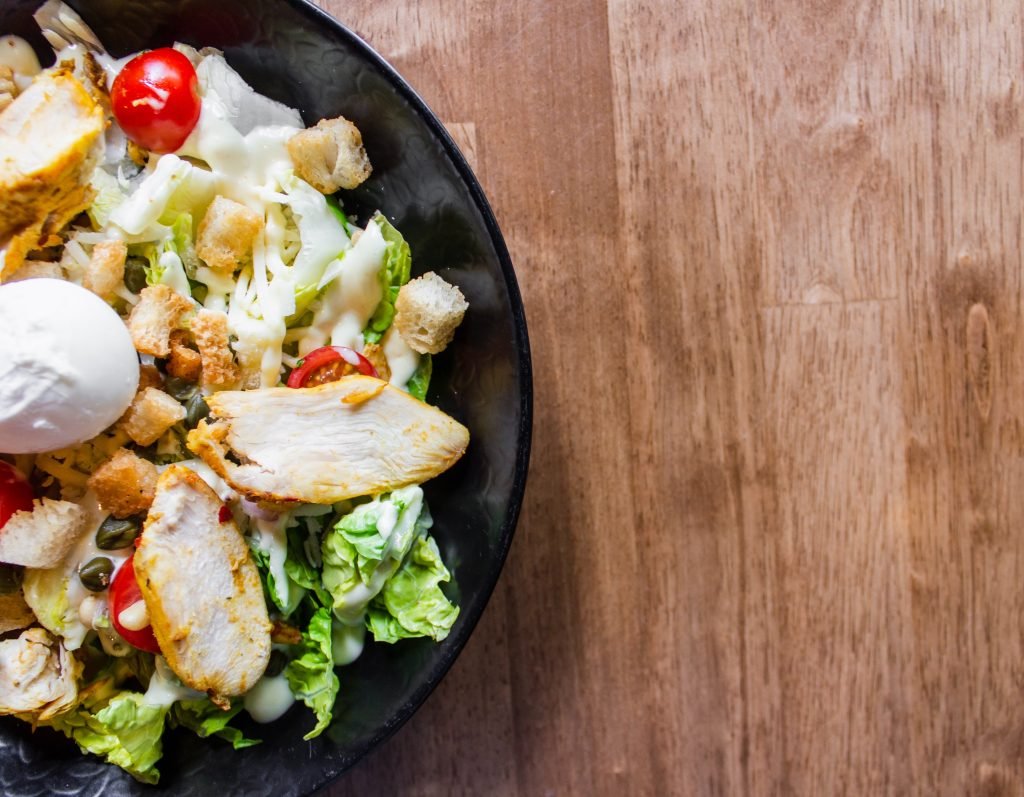
No more ‘tomorrow’…
Working with food and body image
Do you find yourself stuck in a cycle of bingeing, purging, or restricting?
Perhaps you’re confused by your eating behaviours—or maybe you understand why you do what you do, but that insight hasn’t led to meaningful change. What you likely do know is the shame, the secrecy, the sense of being out of control, and the constant promises that “tomorrow” will be different. But tomorrow comes, and the cycle continues. You blame yourself, questioning your willpower and berating yourself for not being able to stop.
On the surface, it may seem like food is the problem. But in my experience, disordered eating is often a symptom—a way to cope with, express, or avoid something deeper. The real issue remains hidden or unaddressed. This is where working with a therapist who truly understands eating disorders can be transformative.
There are various therapeutic approaches to addressing bulimia, binge eating, and compulsive eating. Broadly speaking, these tend to fall into two main categories, particularly when it comes to the eating behaviours themselves:
- The first approach focuses on changing the behaviours and patterns around food—developing more stable, structured, and sustainable eating habits.
- The second approach is rooted in the belief that the body knows what it needs, and that if we learn to listen and respond to those internal cues, external control becomes unnecessary.
Both approaches have merit. Personally, I believe that when we begin to trust ourselves, it doesn’t mean we’ll end up eating cake (or your personal equivalent) for every meal. However, as anyone who has struggled with disordered eating knows, it’s not that simple.
In my work, I draw from both approaches in a twofold process:
- Helping to shift disordered eating patterns and behaviours, and
- Exploring and addressing the underlying emotional or psychological issues that drive those behaviours.
The goal is not just to stop the cycle, but to understand it—so that change becomes not only possible, but sustainable.